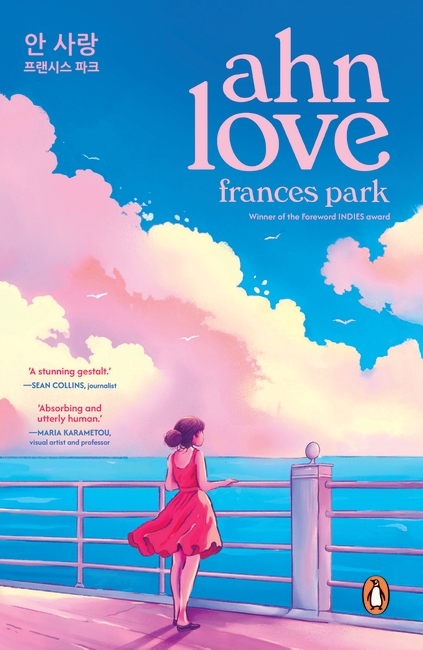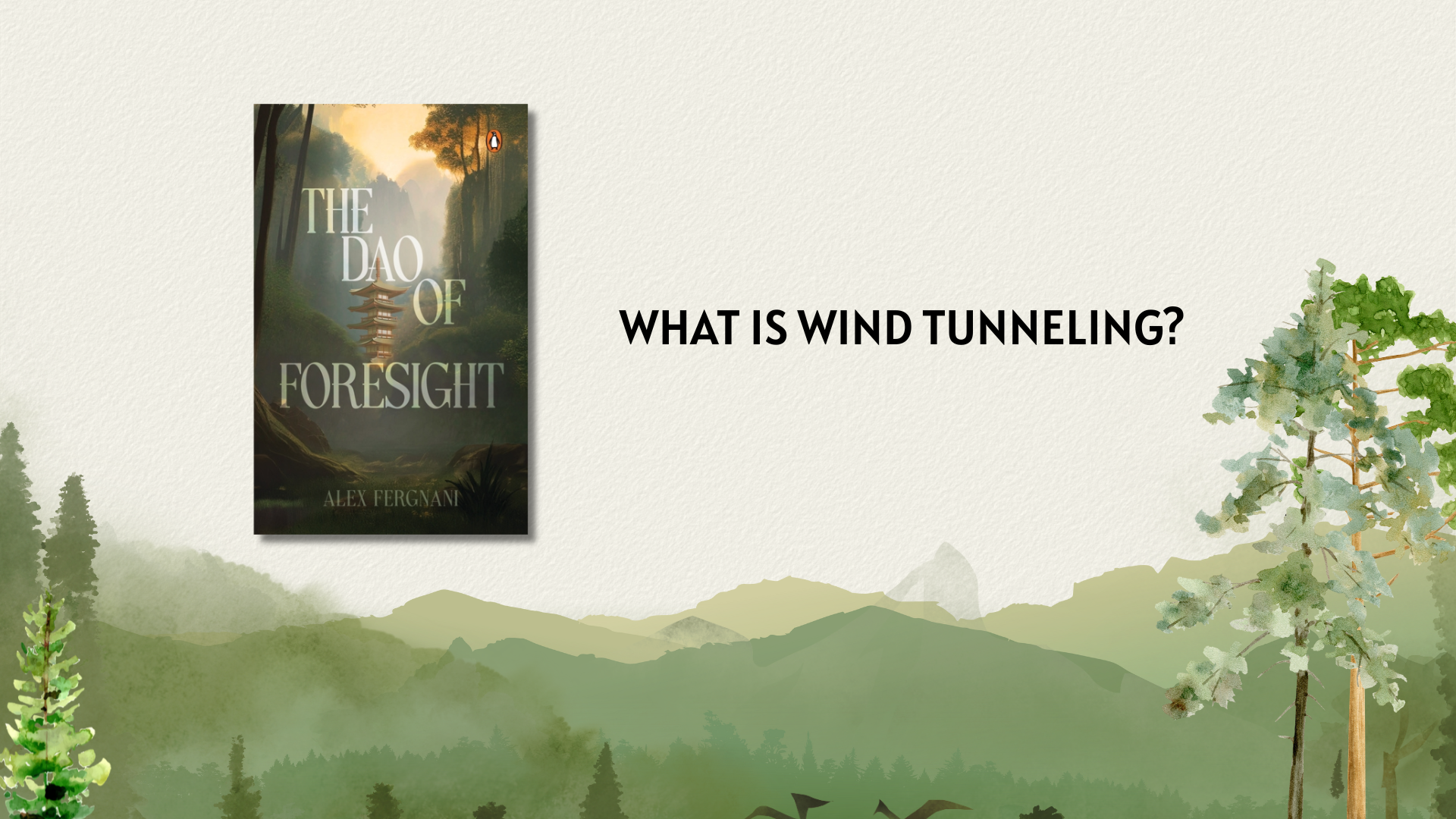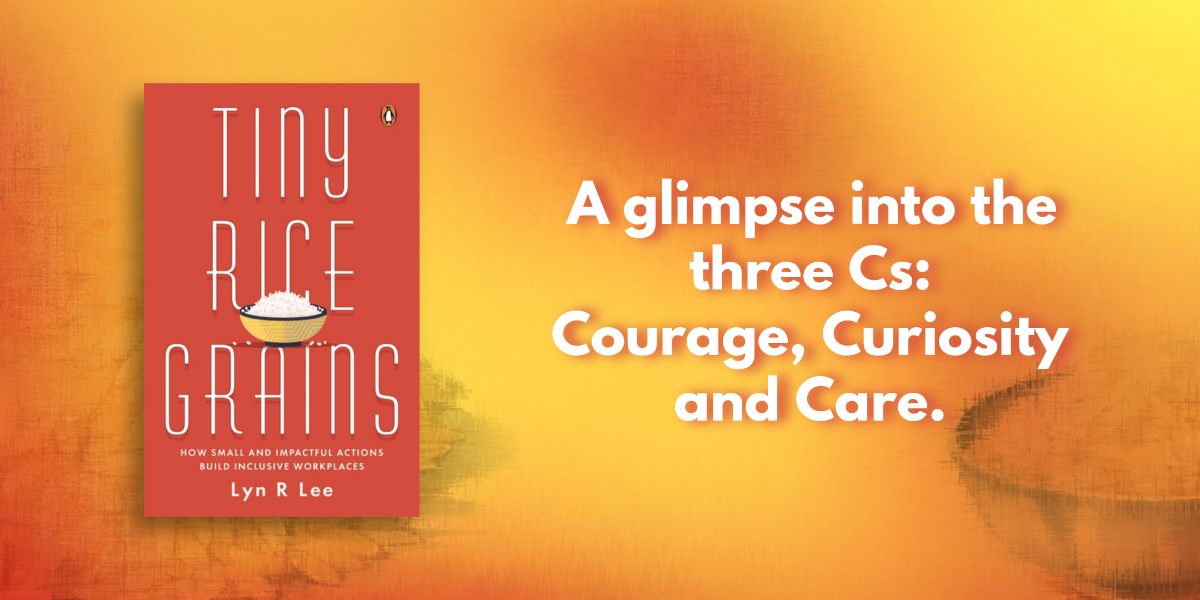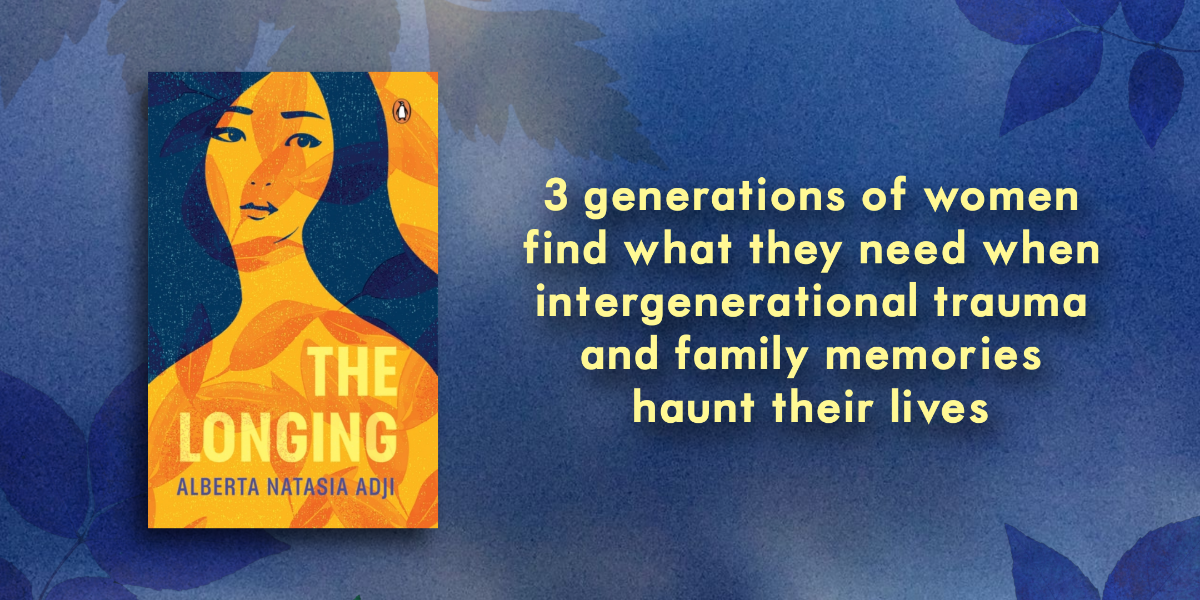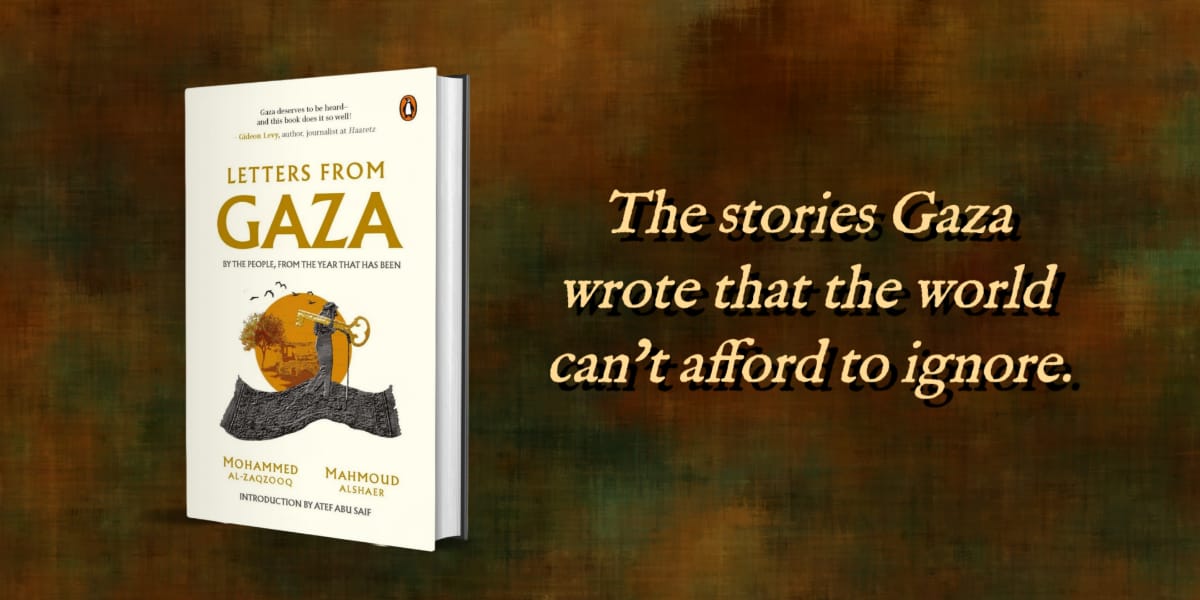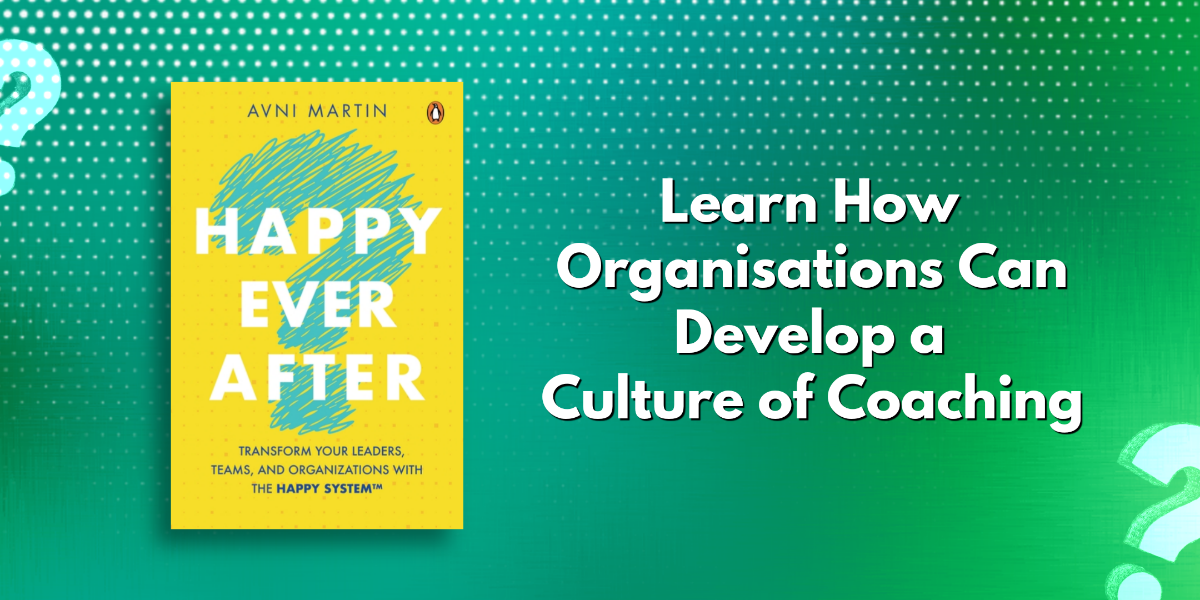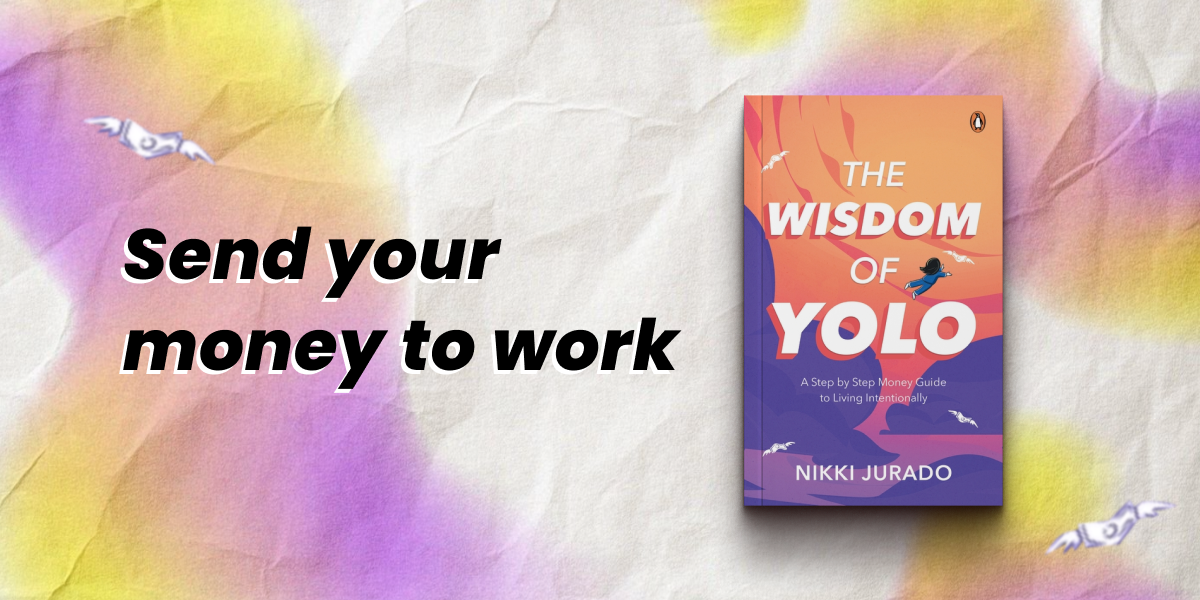What happens when your typical high school problems are suddenly overshadowed by bickering deities and a moon-eating dragon? In The Bathala Games, E. Manawari introduces us to Michelle Macabebe—a girl just trying to survive her strict mother and a broken heart when she’s recruited by a very suspicious talking cat for an out-of-this-world competition.
From supernatural rebellions to the rich lore of Philippines mythology, this is a YA fantasy journey like no other. Get your first glimpse of the chaos below with this exclusive excerpt!

‘Who dares?’
She froze on the spot.
The deep and rumbling voice spoke in her head. ‘What foolish things have entered the lair of Bakun the Mooneater?’
‘We’re sent to help you.’ Chi was taken aback when she found the courage to speak despite her trembling knees.
‘Hoh. Five young Dirt Dwellers. What can your puny bodies even do?’
‘Why have you been mad? Your anger stirs the sea, and the other beings are restless.’
‘Where’s “please”?’ Dianne mad-whispered at Edgar. ‘Say “please” or we’ll die!’
Edgar’s audacity nearly terrified Chi, but she spotted his trembling hands.
‘Ha!’
She shuddered. The voice seemed to be bellowing inside her head.
‘They deserve it! Blessed with outer beauty and deprived of hearts. How dare they swim away in my presence? Is it because I do not look like them? Is it because I am called a beast, a monster, among other names? Why do they swim away? It took endless lighthours and darkhours before I gathered my courage to approach them. Yet with their little fins, they go and hide.’
‘Oh, now I get it.’
Chi leaned towards Dianne, ‘Get what?’ Bakun was rumbling in the background, demanding answers for why he was avoided and blaming it on others’ shallowness.
The mission had boosted their audacity. All those life-endangering curveballs, creatures, and tests of everything—they were all bound to change. However, Chi was not certain if this was for the good as she gaped at Dianne who seemed to have misplaced her empathy.
‘Poor thing, you just wanna be friends.’
Chi heard someone curse—she assumed it was Edgar—as they gaped at Dianne as if she had grown another head. The actress approached the ends where the light reached the cave and spoke to the void.
‘I mean, maybe you’re not, like, confident with your wings or your horn or whatever. You waited for a long time, hyped yourself, so hard to boost your friendship rizz . . . you get what I mean?—Anyway, did you, like, ask them? Maybe you misunderstood?’
Bakun roared, and they had to crouch at the gust of wind.
‘You dare accuse me? Name yourself!’
‘I’m Dianne.’ She spoke with a quiver, which she masked quickly. ‘I’m an actress, model, content creator—in my free time, a fur mom—anyway, I’m saying I totally get you. Maybe.’
‘Liar. Your puny legs would’ve run once you saw me.’
‘Then let us see you.’
‘Bakun the Mooneater is a cool name. I bet you are cool too.’
‘Please?’
If Dianne was acting, she deserved applause.
‘If you’re too shy to show yourself, we’re gonna light up the cave, okay?’
‘Silence means “yes”,’ the actress added after the lack of response.
Chi then handed Dianne the orb Karabeyo had provided. The latter shook it and brightness exploded into the cave. Although not the entire cave, it was enough to expose the ginormous black mass.
The ruler of the sea unfurled his wings.
Fierce golden eyes pierced into them as the darkness prowled closer until the light reached him.
Bakun the Mooneater came into view.
Dive into a world of Philippine mythology and divine chaos. Get your copy today.






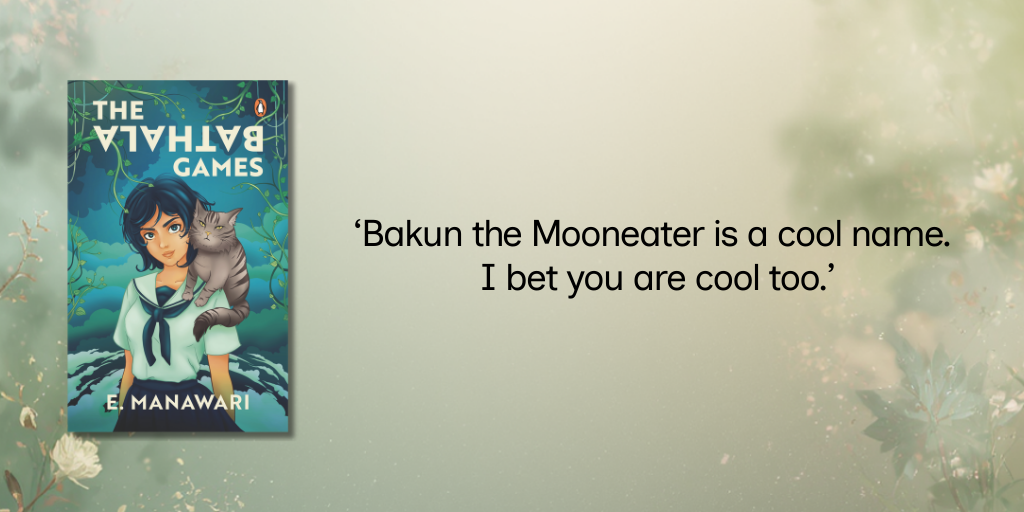
![[EXCLUSIVE] Read the first chapter excerpt of Frances Park’s Ahn Love](https://cdn.penguin.co.in/wp-content/uploads/sites/2/2026/01/Ahn-Love-excerpt.png)
